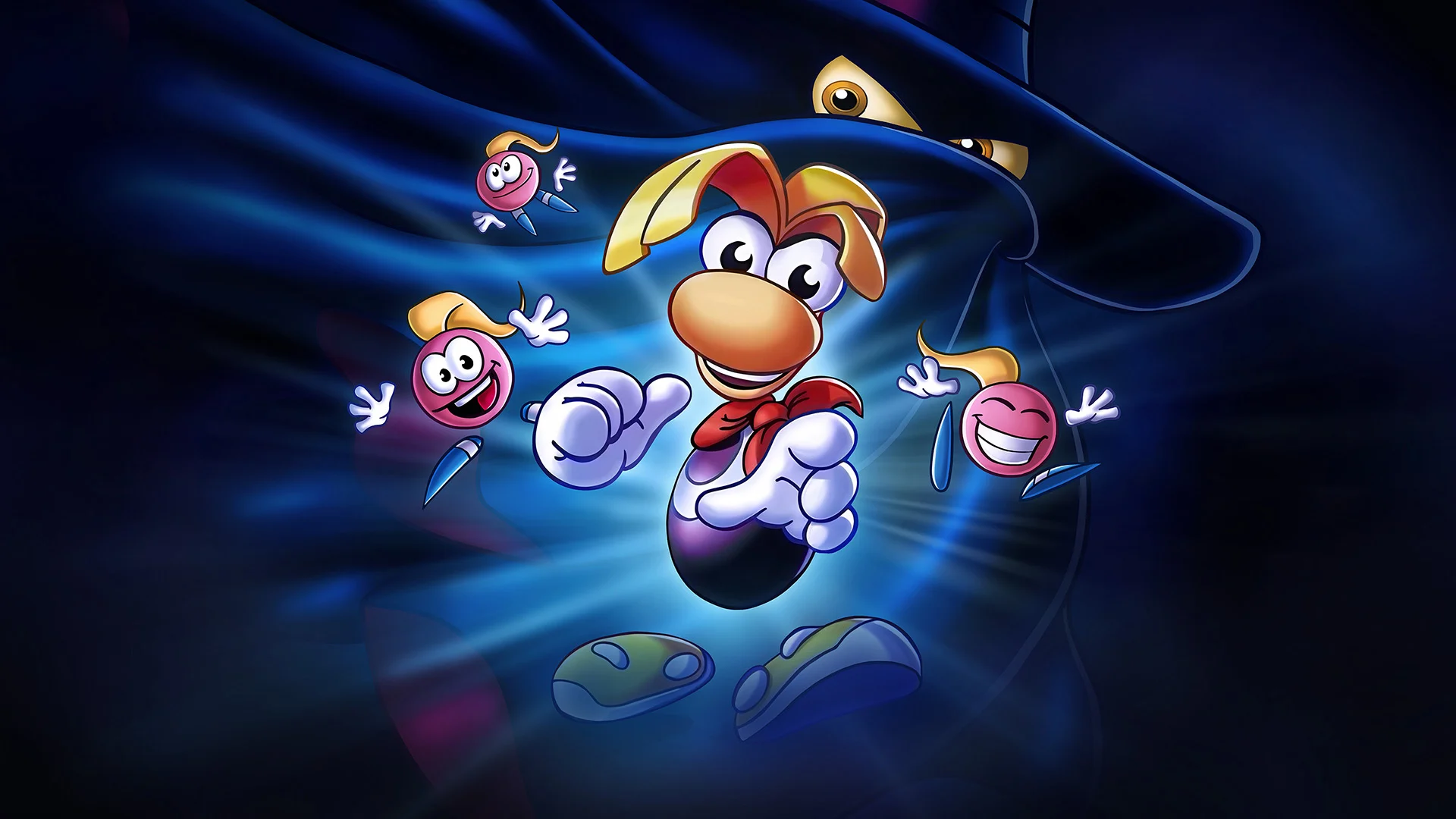There was a time where any sort of post-apocalyptic fiction seemed to be just that — fiction. But with each passing day and the progressively worsening conditions both environmentally and socially, it’s become harder to read such works as fiction. If anything, they sometimes feel a glimpse at what’s to come, a possible best case scenario should everything fall apart and we somehow survive whatever disaster will befall us.
Stuff like Deliver Us The Moon: Fortuna in particular, a game whose premise is based around the very real threat of climate change, is the kind of work that reignites those constant, latent worries about the state of our planet.
The premise goes that, as Earth began to worsen due to climate change and the general effects of mining it dry of resources (thanks, capitalism), a new element called Helium 3 was discovered on the moon. This new element was capable of solving the energy crisis back on Earth, and so the World Space Agency was formed with the objective of colonizing the moon to mine it for Helium 3 to power Earth. To do this, the ASW sets up a massive relay system to beam the energy directly to Earth. After many years of operation, however, the system suddenly goes dark, and no one knows why. That’s where you come in. Several years after the blackout, an astronaut referred only as “Fortuna” is sent to the moon on a mission to find out what happened and whether power can be restored.

It’s a pessimistic outlook, to be sure. That our planet is doomed to be destroyed because of our constant consumption of its resources, and that our only solution is to look to space and repeat our actions on other planets until there’s no more resources to be mined. I recall when I first saw Deliver Us the Moon at E3 a couple years ago, the premise felt like just another work of science fiction; prescient, perhaps, but maybe something we could still avoid. Now, two years later, with constant news stories about the dire state the planet is in and how much worse it’ll be if we don’t take drastic action to stem the effects of global warming soon, it feels like a frustrating reminder of our current predicament and the constant existential terror of what our future holds.
Of course, Deliver Us The Moon uses this primarily as a backdrop. Its story is more interested in the mystery of what happened to everyone on the moon colony than the situation on Earth. That’s not to say it doesn’t do anything with it — it is the catalyst for the entire plot, after all — just that, at least right now, the game doesn’t leverage it to the point of stating a clear thesis on the matter. It feels like it can be read both as a work that believes technology will be what saves us or one that’s critical of the entire premise at this point, given the story remains incomplete.
Deliver Us The Moon plays similarly to games like Tacoma in that you’re purely walking through spaces piecing together what happened via notes, audio logs, and holographic recordings of events. It’s pretty leisurely paced on the whole, apart from the rare quick-time event, which feel out of place. Most of Deliver Us The Moon is slow and steady, allowing you to wander around and take your time exploring your surroundings. It does occasionally press you to move quickly when moving through sections of the station that don’t have life support powered on, or while walking across the surface of the moon itself, by giving you a very limited supply of oxygen, but these segments feel thematically consistent with the rest of the game. The quick-time events always come out of nowhere, and provide little time to respond to the on-screen prompts. Every time I encountered them, I thought I was just watching a cutscene until the button prompts appeared, at which point I often noticed them too late. They feel like an unnecessary addition.

The game is at its best during exploration. As you wander around, you learn bits and pieces about the crew, which provides some clues as to what was going on leading up to and during the aftermath of the incident, as well as other occurrences that have taken place over the years that may or may not have any bearing on why the station went silent. Your investigation largely follows the footsteps of a couple previous workers assigned to the station directly above the moon and their findings in the immediacy of the colony going dark. Seeing the events unfold both through the perspective of the people during the actual incident and the first responders afterwards provides a nice contrast, if only to see how your own conclusions differ from those of the characters investigating and the actual events as they become clear.
Upon arriving, it’s revealed that everyone’s vanished. Unsurprising given no one was able to establish contact at all; but then, where did they go? The answer reveals itself soon enough, but they only raise more questions. That’s largely because the game abruptly ends just as its story begins to hit its stride, just as it looks like answers might be within reach. It’s frustrating, because it happens so suddenly, and at a point where it doesn’t really feel like a satisfying cliffhanger, either. A message from the developers promises that the story will continue via a free update, however, which is good to know, but it’s still disappointing to see it end on such a sudden and unsatisfying note right now.
As such, it’s hard to say where Deliver Us The Moon stands on its premise yet — whether it really believes Earth is beyond saving and that our salvation lies in the stars or whether it’s critical of the idea that technology will save us. The current material sets up a lot of potential story threads that could easily lead it either way, making it difficult to determine where it falls. I’m curious to find out, though.




